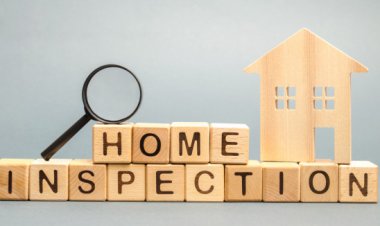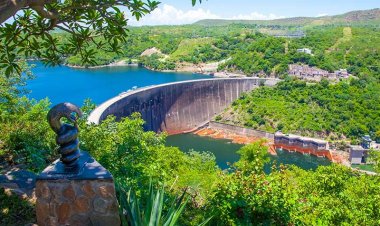Effects of Real Estate on Clean Water in Kenya
Real estate development, in particular, has had a significant impact on the availability and quality of clean water in Kenya.

Kenya has experienced rapid population growth and urbanization in recent years. This has put pressure on the country's water resources, which are already limited. Real estate development, in particular, has had a significant impact on the availability and quality of clean water in Kenya.
One of the major effects of real estate development on clean water in Kenya is the depletion of groundwater resources. As more buildings and infrastructure are constructed, the demand for water increases, leading to the over-extraction of groundwater. This has led to a decline in the water table, making it harder to access clean water.
In addition, the construction of buildings and roads has resulted in increased surface runoff, which carries pollutants into rivers and lakes. This has led to water pollution, which is a major threat to public health. Polluted water can cause diseases such as cholera, typhoid, and dysentery, which can be fatal, especially to children and the elderly.
Real estate development has also led to the destruction of wetlands, which play a crucial role in maintaining clean water. Wetlands act as natural filters, removing pollutants and excess nutrients from the water. They also help to recharge groundwater resources. However, the conversion of wetlands into buildings and roads has resulted in the loss of these crucial natural resources.
Another effect of real estate development on clean water in Kenya is the encroachment on riparian reserves. Riparian reserves are areas of land adjacent to rivers and lakes that are protected by law to prevent degradation of water quality and ecosystem health.
However, developers often ignore these regulations, and the construction of buildings and infrastructure in riparian reserves has resulted in the destruction of vegetation and soil erosion, which has led to the pollution of nearby water sources.
To address these issues, the Kenyan government has put in place regulations to control real estate development and protect water resources. For example, developers are required to conduct environmental impact assessments before beginning construction, and riparian reserves are protected by law. However, enforcement of these regulations has been weak, and developers often ignore them, leading to the continued degradation of water resources.
In conclusion, real estate development has had a significant impact on the availability and quality of clean water in Kenya. The depletion of groundwater resources, water pollution, destruction of wetlands, and encroachment on riparian reserves are major challenges that need to be addressed.
The government must enforce regulations to protect water resources and ensure sustainable development. Additionally, developers must adopt sustainable building practices that minimize their impact on the environment and water resources. Only through concerted efforts by all stakeholders can the negative effects of real estate development on clean water in Kenya be mitigated.
If you have a real estate press release or any other information that you would like featured on African Real Estate Blog Post do reach out to us via email at [email protected]






























![4 Indigenous Tribes Living in Huts in East Africa [PHOTOS]](https://realestateblogpost.com/uploads/images/2023/06/image_380x226_6482dd8b5c94a.jpg)

